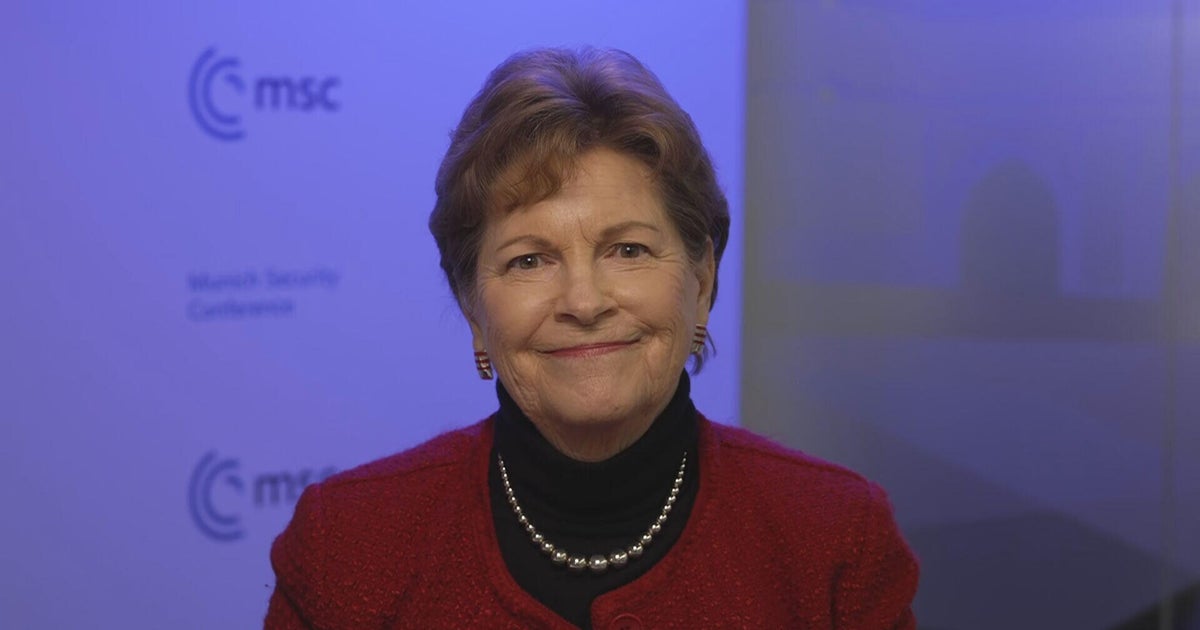Support group helps to deal with psychological effects of climate change
As the planet continues to deal with the effects of climate change, the American Psychological Association says more people are dealing with eco-anxiety, "a chronic fear of environmental doom." Two women, Aimee Lewis Reau and Laura Schmidt, have created a ten-step program to help people cope with the psychological fallout associated with climate change. They joined CBSN to discuss the issue and talk about the group they co-founded, The Good Grief Network.
"Climate change is here. It's happening. It's impacting our lives. We have to build personal resilience, be empowered, make changes and then steady ourselves for the future," Schmidt told CBSN.
Schmidt, co-founder and executive director of the Network, explained that as an environmental studies major she was disturbed by the reality of climate change and by the government's response to it.
"I saw that no government was taking it seriously enough and that caused me a lot of eco-grief and climate anxiety," she said. "And so what we did is designed a program that can help other people move from that place of despair and disempowerment to building community. Really feeling the weight of the world, but in a good way, in an empowering way, that allows us to make change once we come together and see we're not the only ones feeling this deep despair."
More than 250 people have enrolled in the network since it was established in 2016. People have joined from Canada, Australia, Europe and across the United States.
"It started as a program for activists and it has evolved to a program for parents, grandparents --anyone who is paying attention and feeling the grief of what our world looks like right now," said Reau, who is creative director of The Good Grief Network.
The stressful feelings that parents face surrounding climate change is exactly the type of stress APA associates with eco-anxiety. The research concludes "watching the slow and seemingly irrevocable impacts of climate change unfold, and worrying about the future for oneself, children, and later generations, may be an additional source of stress."
Schmidt said they also often work with lifelong activists who realize their work has not yet "been enough to turn the tides."
"We are getting a lot of people who are tired and we don't want to have them be burned out," she said. "We want to have them be empowered so that they can continue to make changes as we continue to see climate change's impacts forced upon us."
Schmidt said The Good Grief Network follows a system with a ritual and a step-by-step process to treat the affliction, similar to Alcoholics Anonymous.
Reau and Schmidt are now working to expand their program to meet international demand. The pair said that whether someone has physically seen the effects of climate change or not, it is an issue that impacts everyone.
"Whether or not you have been personally impacted by climate change or you just see the writing on the wall and you've read the report, this is impacting us all, geography doesn't matter" Schmidt said.



